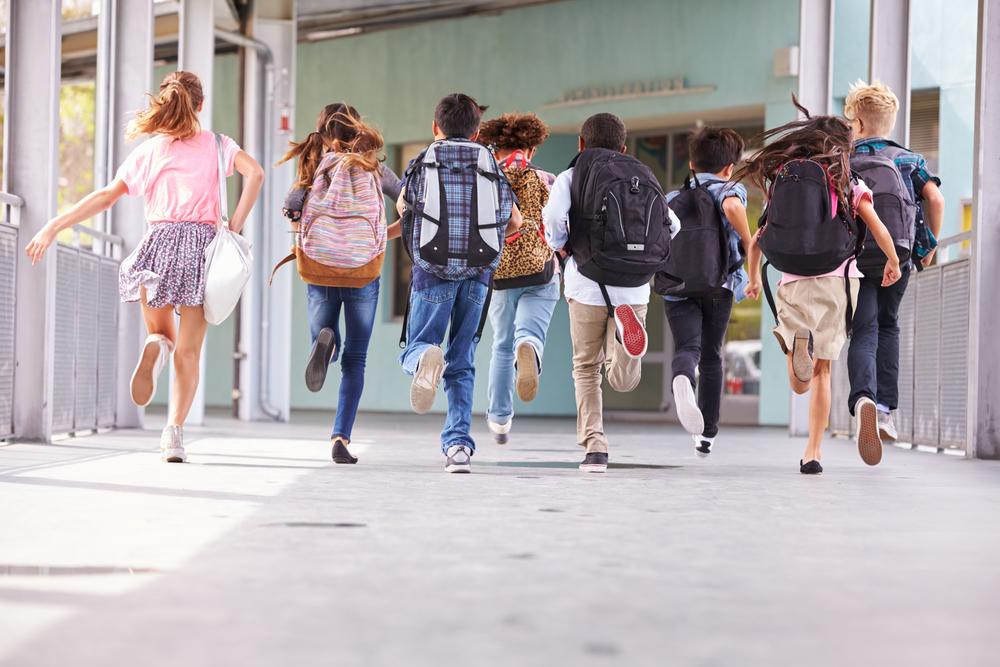More than 2 million Australian students will fall behind in their studies due to obstacles to remote learning, according to a University of Tasmania (UTAS) study.
Published by UTAS’s Peter Underwood Centre, the study (pdf)—one of five commissioned by the federal education department—said that children and young people are experiencing a “learning loss over the period of learning at home.”




